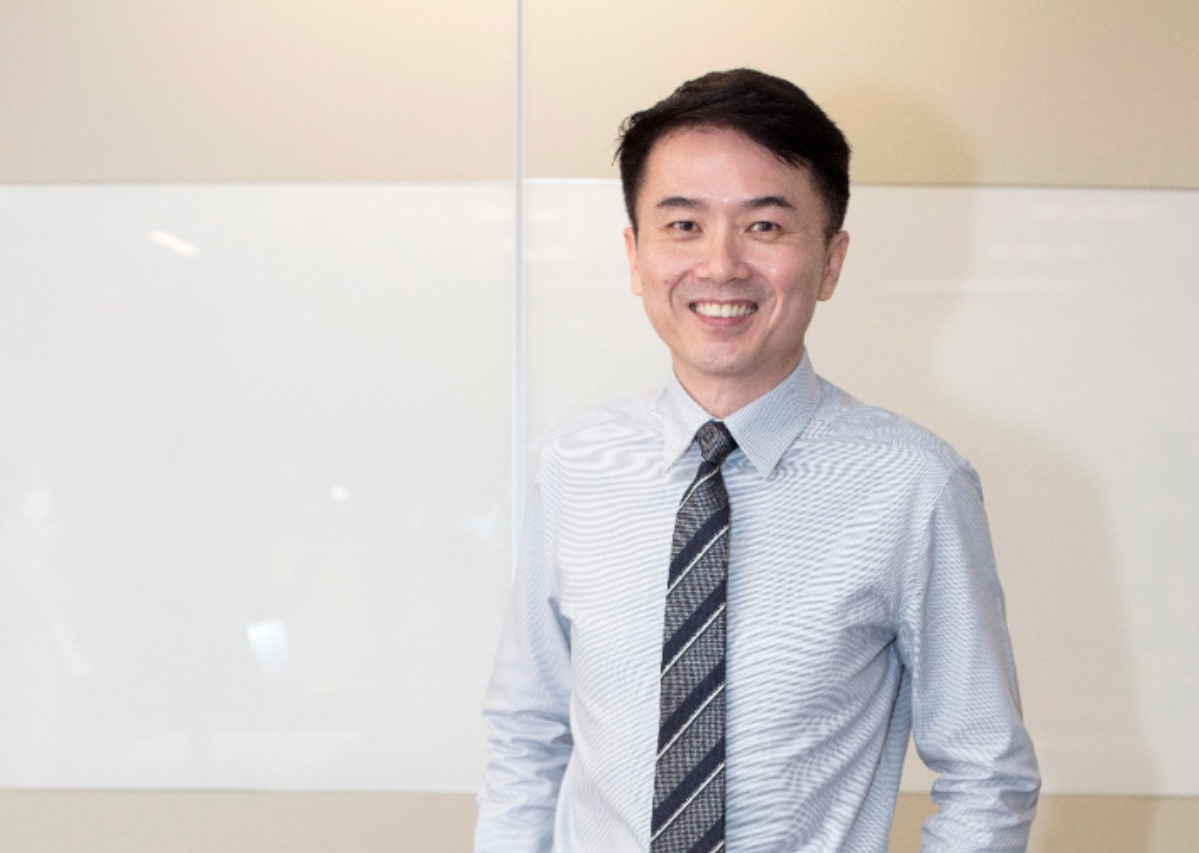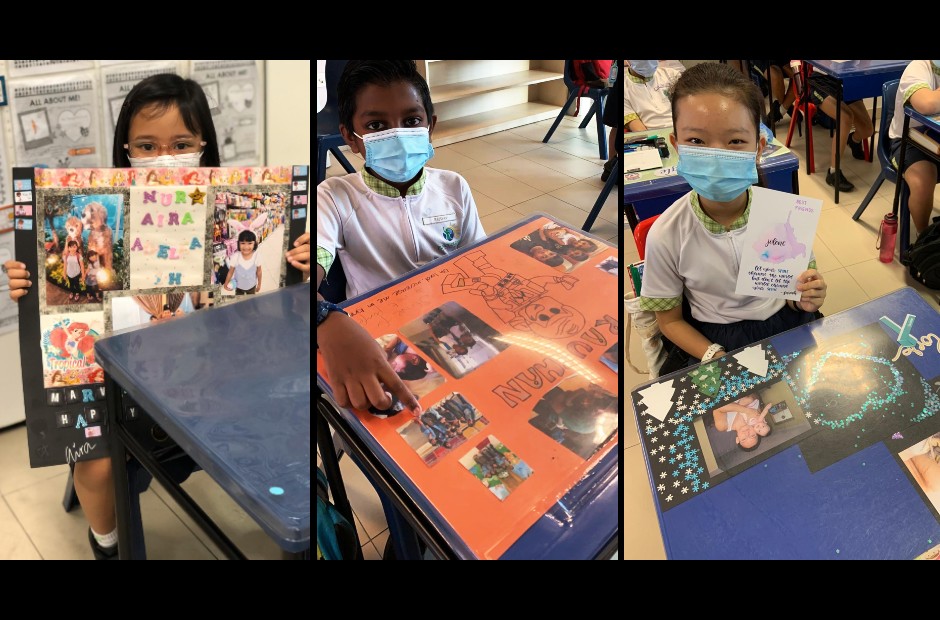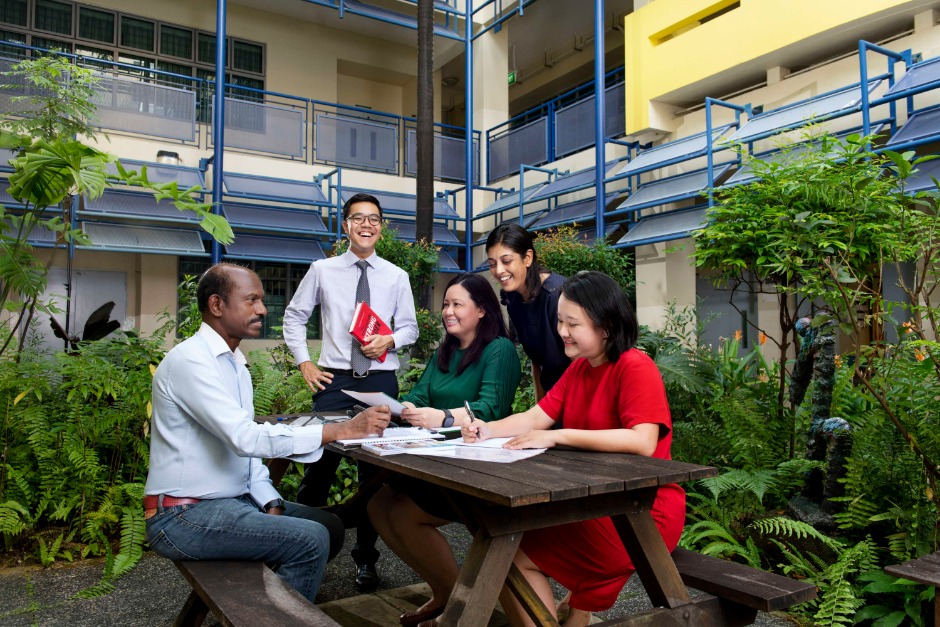Children are constantly learning from what they experience every day, so it is important that learning goes beyond the four walls of the classroom.
The Programme for Active Learning (PAL), implemented in all primary schools in Singapore, provides Primary One and Two students with opportunities to pick up socio-emotional competencies and life skills.
Punggol Cove Primary School’s PAL programme encompasses hands-on activities in areas including music, dance, sports, drama and outdoor education.
All play and no work?
The wide range of activities available through PAL excite the students. They take part in activities such as playing games, heading outdoors to learn about nature and putting together a performance or a piece of art.
But there’s more than meets the eye, if you look through the lens of an educator.
The school’s teachers design the programme to create rich learning experiences that pique students’ interest and encourage them to explore, ask questions and socialise. As they facilitate the programme, they look for opportunities to develop students’ confidence, build friendships and encourage teamwork.
Many hands, one team
Working in groups for tasks such as creating a dance or music performance, every child has a role to play in completing the task or supporting their classmates. Through group activities, students learn skills which they need for sustaining healthy interpersonal relationships.
“For example, in the music programme, students share their instruments and take turns to use them,” says teacher Mrs Shanthi Haider. “During sports and games, students are taught to cheer on their team members even if they are losing.”
By encouraging students to take turns, share and support their peers, the students understand what it takes to cooperate and work effectively as a team.
Group activities also allow students to discover that their friends may have different viewpoints, and they are challenged to find ways to work towards reaching a middle ground.
“For instance, each group member would contribute an idea to create a dance or music performance. We let them know that everyone has a part to play and every role is important. They would take turns to be the group leader and vote to reach a consensus when making decisions,” shares Ms Norjanah Ramli, coordinator of the PAL programme at Punggol Cove Primary School.
Over time, the students find ways to iron out their differences amicably, and without intervention from adults.
“We observe the students managing their differences and conflicts on their own during play time, instead of seeking help from the teachers,” says Ms Norjanah.
The art of conversation
Problems exist in the absence of good conversation. Through PAL activities, students learn to express themselves, listen to one another and discern the subtleties of the eyes, smiles and silences.
As they work to put together a piece of work for their visual art activity, they discuss with their peers on how to go about completing their task. Such group activities provide ample opportunities for them practice their ability to hold a meaningful conversation, and at the same time build friendships with classmates.
“We see that students are able to communicate their thoughts and feelings freely. They are able to take turns to talk and wait patiently for their turn,” shares Mrs Shanthi.
“I observed fewer squabbles and unhappiness during group work as the weeks went by. They were also more inclusive when they played together,” adds teacher Ms Chen Kang Li.
Parents have also seen improvements in their children’s ability to express themselves, after they went through the programme.
“My son is now able to speak up more, express himself better and he is more comfortable when sharing his opinions,” says Mdm Ang Siew Kiang, parent of a Primary Two student.






